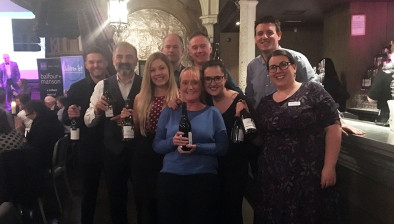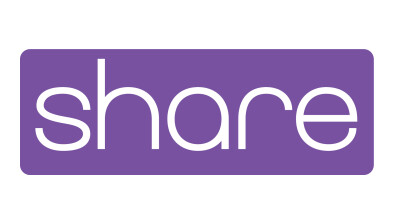Volunteering week in the housing sector

This week (3rd – 9th June) marks Volunteers Week, a time to recognise the incredible contribution that volunteers make to their communities, through the passion, hard work, time, and dedication committee/board members give to their organisations.
Being a committee/board member is not an easy task, more and more governing bodies are being charged with overseeing, signing off or assuring on complex financial, strategic and governance functions.
Working on board appraisals across the country, Share is privileged to get an insight into the meetings of many housing associations and co-operatives, and often they will be working through a pack of board papers that runs into hundreds of pages.
In any given meeting, they may be dealing with matters as varied as covenants, staffing, and development alongside societal issues like the cost-of-living crisis, political uncertainties, funding cuts and the day-to-day governance tasks. Even listing all of this feels a little bit exhausting, but it is always quite humbling to meet these members and hear how they want to contribute to their communities, or their former communities or the sustainability of their sector or former sector.
However, many organisations are struggling to recruit and retain committee/board members, particularly younger board members. It is often suggested that the time commitment involved plays a part in this, but that cannot be the full picture.
Addressing this might require revisiting the rewards and recognition that we offer to those that are asked to sit on committees/boards - and this does not necessarily mean financial rewards. The arguments for and against paying committee/board members are well rehearsed and perhaps something to consider for the future, but in the here and now, there are minor changes that could be made to make joining a committee/board more accessible.
One of Share’s learning and development officers, Julie-Ann Cloherty, recently interviewed a young board member, who was keenly aware that they were the only board member that was under 30. Julie-Ann asked how we, as a sector, could make board membership more appealing to young people, and they spoke about the skills and knowledge they had developed since joining, how it had helped them in other aspects of their life and how they thought we could do better in communicating this to potential board members.
This is one way that could re-shape how we think about advertising vacancies. So many vacancies now focus on or prioritise the skills and experience that the organisation need from candidates (which subconsciously speaks to older people rather than younger) instead of advertising the rewards for those that participate: the skills, knowledge and experience that they will get, along with the support they will be given to grow into the role. Balancing out this narrative would make these advertisements more attractive to a broader spectrum of people, enhancing diversity and enriching Board conversations beyond specific specialisms.
Another innovation that has been expressed is offering staff of housing organisations TOIL time for joining and attending committee/board meetings. No doubt there will be plenty of arguments and counter arguments for this, difficulties in implementing, concerns about housing professionals making up the majority of committees/boards, and disparity in rewards for housing professional members and those that are not.
But by stepping back for a moment and considering it as an employee of a board member. Many of the housing professionals who sit on committees/boards that Share speak to talk about how their work on the committee/board enriches their day job, makes them consider things differently and how it has helped them to develop and grow – this sounds remarkably like CPD (Continuous Professional Development) that employers would likely pay good money for if it was a training course or conference. To reimburse a staff member two hours a month is perhaps a small price to pay for the skills, knowledge and experience they bring back to our organisations.
None of these suggestions are made to undermine the work that is done by our tireless and committed voluntary board members up and down the country, but perhaps food for thought about how this vital input can be sustained for years to come.
Whilst the sector cannot offer committee/board members financial rewards, we can offer our recognition and heartfelt thanks to those who dedicate many hours to making sure our housing associations and co-operatives are strong and sustainable organisations that are making vital contributions to building thriving communities across Scotland.
Thank you from all at Share!








